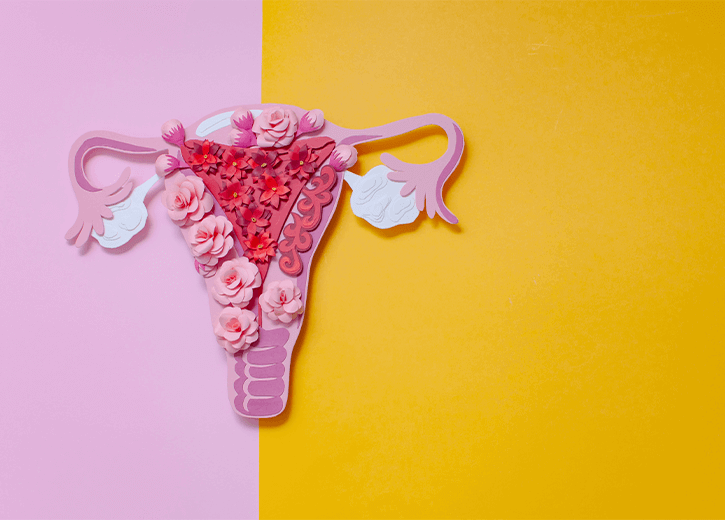Endometriosis is a common health problem in females. It affects the tissue that lines the uterus. Generally, the tissue comes out every, month during periods. But, the problem arises when abnormal tissues start growing outside of your uterus and on other areas in the body.
These are the common areas where endometriosis can be found:
- · Ovaries
- · Abdominal wall
- · Fallopian tubes
- · The outer surface of the uterus
Other areas include:
- · Vagina
- · Cervix
- · Vulva
- · Bowel
- · Bladder
- · Rectum
According to the Endometriosis Foundation of America, endometriosis affects 1 in 10 women in the US. It usually affects them during their reproductive years.
What are the symptoms of endometriosis?
Pain is the most common symptom among women with endometriosis. Different types of pain may include:
- · Painful Menstrual cramps (The pain gets worse during menstrual cramps)
- · Chronic (long-term) pain in the lower back and pelvis
- · Pain during or after sex
- · Intestinal pain
- · Painful bowel movements
Bleeding or spotting between menstrual periods
This can be caused by something other than endometriosis. If it happens often, you should see your doctor.
Infertility, or not being able to get pregnant
Stomach (digestive) problems
These include diarrhoea, constipation, bloating, or nausea, especially during menstrual periods.
Other symptoms may include:
- · Heavy periods, or bleeding between periods
- · Fatigue
- · Diarrhoea
- · Bloating
- · Constipation
If you experience these symptoms consult the best gynaecologist in Dubai.
Who is at more risk of endometriosis?
The disease is common in women in their 30s and 40s but can affect anyone. Moreover, the risk increases for people who:
- · Never conceive a baby
- · Have a shorter period cycle (27 days or fewer)
- · Have a family history of the disease
- · Experiencing a health problem that blocks the normal blood flow during periods
Aster Hospitals provides menstrual problems treatment in Dubai for women who experiences menstrual problems.
Important things to remember
There is no prevention from endometriosis. But one can reduce the chances of developing it by dropping the levels of the hormone estrogen in the body. Estrogen helps to thicken the lining of the uterus during your menstrual cycle.
Doctors may recommend surgery for some women as it might make it easier for those who want to conceive a baby but still might require treatments. There are several different types of surgery that can be done to treat endometriosis. It’s better to consult the doctor for the optimum treatment.
Medicines can be a great option for women who aren’t planning to get pregnant. Doctors generally prefer hormonal birth control in the beginning.
Foods that can keep endometriosis at bay
To fight inflammation and pain caused by endometriosis, it’s best to consume a nutrient-dense, well-balanced diet that’s primarily plant-based and full of vitamins and minerals. Add these to your diet:
Fibrous foods
Fruits, vegetables, legumes, and whole grains.
Iron-rich foods
Dark leafy greens, broccoli, beans, fortified grains, nuts, and seeds.
Foods rich in essential fatty acids
Salmon, sardines, herring, trout, walnuts, chia, and flax seeds.
Antioxidant-rich foods
Colourful fruits and vegetables, such as oranges, berries, dark chocolate, spinach, and beets.



